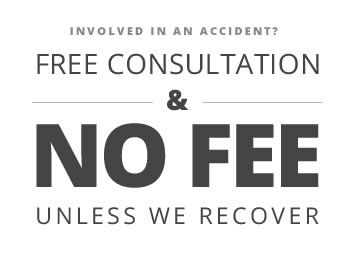Elder abuse is a serious concern that requires immediate action to protect vulnerable individuals. Unfortunately, nursing home neglect and abuse remain a significant problem in the US. The National Council on Aging (NCOA) reports that an estimated 10% to 20% of older adults aged 60 or older have experienced some form of misconduct. Worse, studies suggest that around 1 in 24 cases of elder abuse are actually reported to proper officials.
If you suspect that an elderly loved one is being abused in Maryland, it is crucial to take the right steps immediately to ensure their safety and well-being. However, you might not know where to begin or which tasks to make a priority. You should get in touch with a Maryland elder abuse attorney, who will advise you on taking the following actions to address suspected elder abuse.
Recognize the Signs of Elder Abuse in Nursing Homes
The first step is to know the signs since elder abuse can take many forms. Common indicators include:
- Physical Abuse: Unexplained bruises, cuts, or injuries, especially if they occur frequently.
- Emotional Abuse: Sudden changes in mood, withdrawal from social activities, or signs of fear and anxiety.
- Financial Abuse: Unusual bank transactions, missing funds, or unauthorized changes to legal documents.
- Neglect: Poor hygiene, malnutrition, dehydration, or unsafe living conditions.
Document and Report Suspected Elder Abuse
It is crucial to record your observations and report them to the appropriate authorities. To do it effectively:
- Keep detailed records, including dates, times, and descriptions of specific incidents you observed.
- Take photographs of injuries or unsafe conditions.
- Report to Maryland Adult Protective Services (APS), which has the authority to investigate and take action to protect vulnerable adults.
- Notify law enforcement by calling 911 or a non-emergency number as appropriate.
Ensure the Safety of Your Loved One
Protecting the nursing home resident from further harm is paramount. Take the following steps to ensure their well-being:
- If possible, remove your loved one from the abusive nursing home environment. This may involve relocating them to a safer living arrangement, such as a trusted family member’s home or a reputable care facility.
- Get medical care or an evaluation of injuries as soon as possible. A thorough medical examination will assess and document any injuries or health concerns resulting from the abuse.
- Connect with local support services in Maryland, such as counseling and advocacy groups, to provide emotional and practical support for your loved one.
- Get in touch with a nursing home abuse and neglect attorney to discuss options on behalf of your loved one for the losses they suffered.
Seek Legal Advice from a Baltimore County Elder Abuse Lawyer
Elder abuse and neglect is a distressing situation, but taking the right steps can make a significant difference in protecting your loved one. With legal help, you can understand your legal options and make informed decisions about your rights. Please contact Michael A. Freedman for guidance and support. You can schedule a free consultation at our offices in Owings Mills or Glen Burnie, MD, by calling 410.363.6848 or going online.



